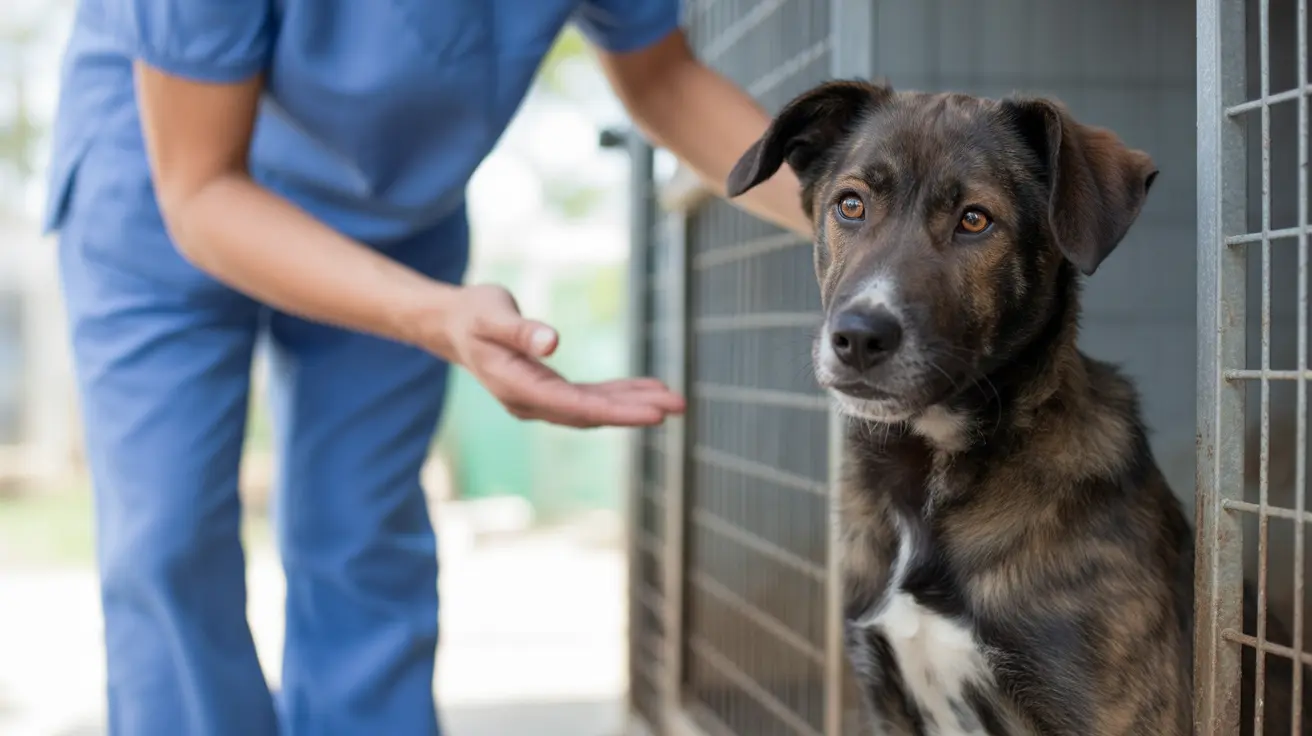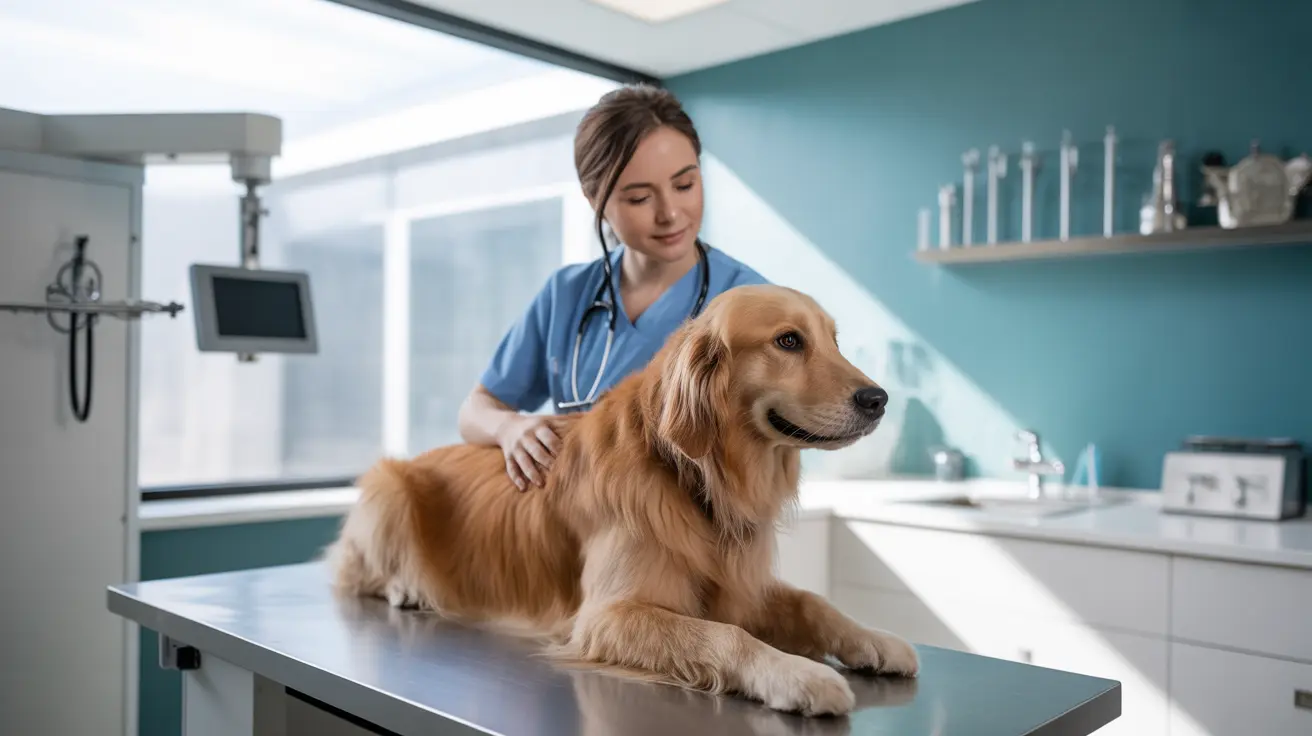Introduction
Kennel cough, medically referred to as canine infectious respiratory disease (CIRD), is recognized as one of the most prevalent and worrisome upper respiratory infections affecting dogs around the globe. This article provides a comprehensive overview, vital for pet owners, veterinary staff, and those involved with canine care environments. The contagious nature of kennel cough means it can spread quickly wherever dogs gather, such as boarding facilities, grooming salons, and dog parks. By understanding the signs, methods of prevention, and available treatments, pet parents can significantly reduce the risk to their furry companions and support a speedy recovery if infection occurs.
Recognizing Kennel Cough Symptoms
The most distinctive symptom of kennel cough is a persistent, harsh cough that can sound like honking or hacking. Many owners may mistake this for a blockage in the dog’s throat, but it is a defining feature of the infection. Recognizing symptoms early enables prompt care and isolation, helping to prevent spread to other dogs.
Primary Signs to Watch For
- Persistent Coughing: Dogs with kennel cough typically exhibit a dry, rough cough that can worsen during or after activity or excitement.
- Nasal Discharge: You may notice clear or slightly cloudy secretions from your dog’s nose, sometimes accompanied by sneezing.
- Eye Discharge: Watery eyes and occasional mucus are additional signs, which can make your pet appear uncomfortable.
- Reduced Energy: Though many dogs remain alert, some may display mild lethargy and appear less playful than usual.
- Decreased Appetite: A loss of interest in food or reduced appetite is occasionally observed, particularly in more severe cases.
Understanding the Causes
Kennel cough is not caused by a single organism but typically results from the interplay of multiple infectious agents that compromise a dog's respiratory tract. These agents disturb the normal protective lining in a dog’s airway, making them more susceptible to infection. The main causes include:
- Bordetella bronchiseptica bacteria: A major bacterial culprit in kennel cough cases.
- Canine parainfluenza virus: Frequently one of the viral contributors.
- Canine adenovirus type 2: Another common viral pathogen.
- Other respiratory viruses: Additional viruses may participate in mixed infections, increasing symptom severity.
Environmental stresses, overcrowding, and poor ventilation in facilities intensify the likelihood of an outbreak.
Diagnosis and Professional Assessment
Confirming a case of kennel cough relies on the veterinarian's clinical expertise. Diagnosis often starts with a thorough examination of your dog and discussion of recent exposure to environments where infection risk is higher (e.g., boarding, doggy daycare, grooming salons). If the dog’s condition appears complicated or unresponsive to initial treatment, the following may be considered:
- Physical examination: Focusing on respiratory rates, lung and airway sounds, and severity of signs.
- Exposure history: Evaluation of recent interactions with other dogs or visits to high-risk environments.
- Diagnostic tests: These are reserved for severe or persistent cases and might involve swabs, blood tests, or specific cultures to confirm the diagnosis.
- Chest X-rays: Recommended when symptoms suggest pneumonia or other complications, ensuring correct treatment protocols are adopted.
Treatment Approaches and Recovery
Standard Treatment Protocol
Treatment strategies are tailored according to the severity of symptoms and the dog's individual health needs. Most mild cases can be managed at home; however, more severe infections or those involving very young or immunocompromised dogs may require medical intervention. Typical treatment approaches include:
- Rest and limited exercise: Allow your dog ample time to recover, avoiding strenuous activity that can exacerbate coughing fits.
- Cough suppressants: Used under veterinary guidance to enhance comfort, particularly if the cough is disrupting sleep or daily life.
- Antibiotics: Prescribed only when there is evidence of a bacterial component such as Bordetella, or if there is a risk of secondary infections.
- Supportive care and hydration: Ensuring your dog stays well-hydrated and nutritionally supported speeds the healing process.
Recovery Timeline
The typical recovery period for kennel cough ranges from one to three weeks, though some stronger or more resilient dogs may recover even sooner. During recovery:
- Closely monitor your dog's symptoms and report any worsening or new concerns to your vet.
- Isolate infected dogs from healthy peers to prevent further spread.
- Prioritize rest, nutritious food, and fresh water.
- Strictly adhere to the veterinarian's advice regarding medications and follow-up visits.
Effective Prevention Strategies
Vaccination and Health Maintenance
Prevention is always preferable to treatment. The kennel cough vaccine is a key defense, especially for dogs that frequently interact in social settings. Responsible pet ownership also means minimizing risk factors by maintaining your dog’s general health and keeping environments clean.
- Regular veterinary check-ups: Ongoing wellness exams can help catch illness early or prevent it altogether.
- Proper hygiene practices: Disinfecting shared bowls, toys, and bedding can reduce pathogen load in the environment.
- Limited exposure: Avoid exposing your dog to unfamiliar animals or dubious environments, particularly during outbreaks.
- Clean environment maintenance: Ensure living spaces are well-ventilated, dry, and sanitary to prevent buildup of infectious agents.
Special Considerations for High-Risk Dogs
Certain dogs are more susceptible to severe kennel cough or its complications. These include:
- Puppies: Their immature immune systems cannot always mount an effective defense against respiratory infections.
- Senior dogs: Age may weaken the immune system, making recovery more challenging.
- Brachycephalic breeds: Dogs with flat faces (such as Bulldogs or Pugs) may struggle more with respiratory symptoms due to their anatomical features.
- Dogs with pre-existing health conditions: Chronic diseases can impair a dog's ability to fight infections, necessitating extra caution and quicker response to symptoms.
Extra vigilance and routine veterinary monitoring are especially important for these groups.
Frequently Asked Questions
- What is kennel cough? Kennel cough is a highly contagious respiratory disease in dogs that can be caused by several different pathogens, leading to a characteristic harsh cough and other respiratory symptoms.
- How is kennel cough transmitted? It spreads through airborne droplets, direct contact with infected dogs, or contact with contaminated surfaces, making outbreaks in communal dog spaces common.
- What are the symptoms of kennel cough? Besides the hallmark cough, dogs may experience nasal and eye discharge, mild lethargy, and a decrease in appetite.
- How is kennel cough diagnosed? Diagnosis is primarily based on clinical examination and assessment of a dog’s recent history, though additional tests may be used in complex cases.
- What is the treatment for kennel cough? Most cases resolve with supportive care; antibiotics are employed only if a bacterial cause is confirmed. Cough suppressants and hydration play supportive roles.
- How can kennel cough be prevented? The most effective measures include vaccination, good hygiene, and avoiding high-risk environments during outbreaks.
- Is kennel cough serious? While typically mild, kennel cough can become serious, especially in puppies, elderly dogs, or those with weakened immune systems. Prompt treatment is vital to prevent complications.
Conclusion
Understanding and effectively managing kennel cough is crucial for maintaining your dog’s health and preventing the spread of this common infection. Proactive measures such as vigilant health monitoring, timely veterinary care, and adherence to preventive strategies play an essential role. Most dogs recover without incident, but early recognition and intervention can make all the difference. If you observe any concerning respiratory symptoms in your pet, consult your veterinarian promptly for the best outcome.






